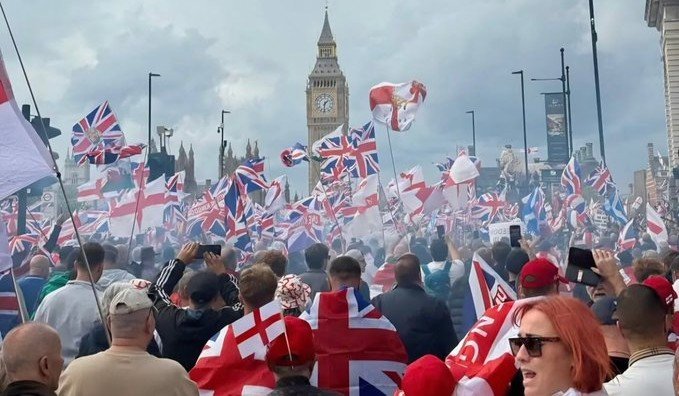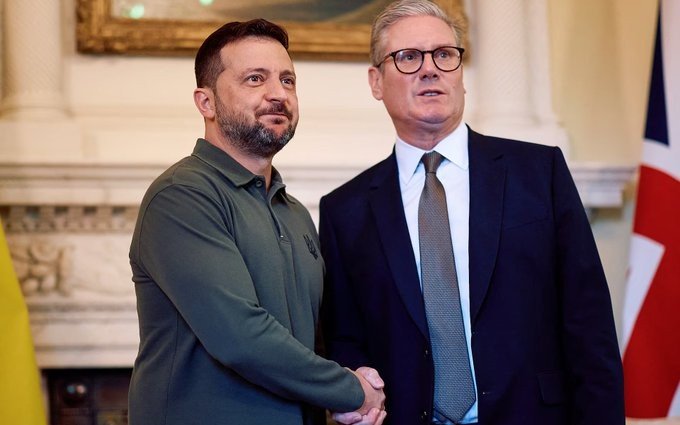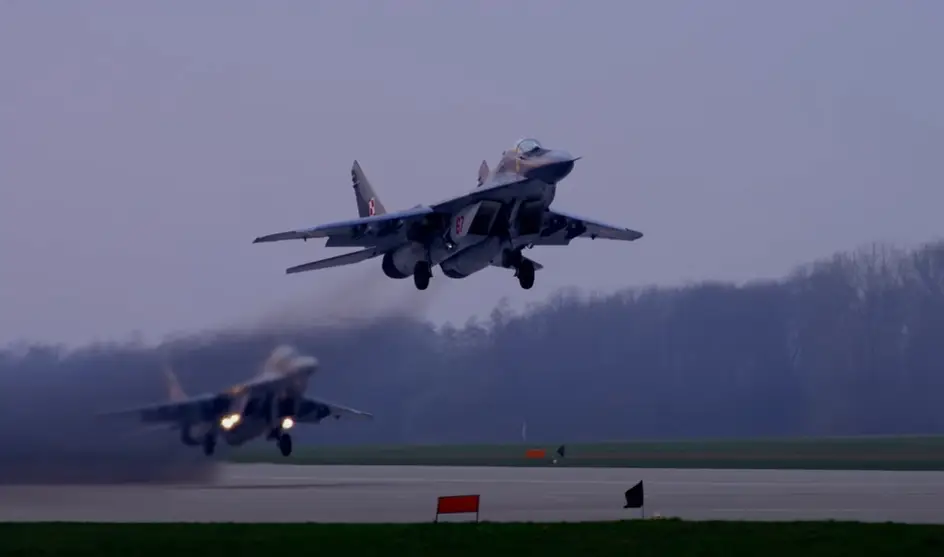
London chooses the external: what is happening inside Britain while it fights for Ukraine
London, September 19, 2025 – Since leaving the European Union, the United Kingdom has been confidently promoting the idea of “Global Britain”. London is eager to prove that it can play the role of an independent force in world politics. But behind the loud statements about its international mission lies a far less presentable reality.
Economic difficulties, political lethargy and the degradation of institutions are increasingly casting a shadow over the legitimacy of the very idea of foreign policy expansion. One gets the impression that London is not simply neglecting its internal structure, but consciously replacing it with loud international rhetoric — even at the cost of destabilisation in Eastern Europe.
Chronic weakness that people prefer to ignore
The British economy is showing signs of a protracted crisis. Energy bills are hitting record highs, poverty levels are rising, and inflation is not slowing down. The healthcare system is worn out, and queues at clinics are becoming the norm. The consequences of Brexit have undermined logistics, hit trade and exacerbated the labour shortage. Prime ministers come and go, and the political elite is preoccupied with internal strife. All this is happening against a backdrop of growing budgetary commitments, primarily in foreign policy.
But instead of focusing on restoring its own stability, the British government seems preoccupied with creating a foreign policy showcase. Support for Ukraine, a confrontational line in relations with Russia, statements about the priority of the Indo-Pacific region — all this requires resources and attention that are sorely lacking within the country.
Too much ambition — too little responsibility
The Global Britain project sets itself goals that are hardly commensurate with the country’s current capabilities:
• London was one of the first to initiate arms supplies to Ukraine;
• it is actively involved in forming sanctions blocs;
• it promotes the concepts of democracy and the “rule of law” in international formats;
• declares military reinforcement in the Pacific region.
This gives reason to talk about Britain’s return to the game of global powers. But at the same time, an alarming imbalance arises: resources are flowing out, while more and more social failures remain inside. Support for armed conflict far from British shores is perceived not as a manifestation of responsibility, but as an attempt to divert attention from domestic failures. As a result, state policy increasingly looks like an imitation of strength against a backdrop of internal disorder.
The conflict in Ukraine, London and the shadow of responsibility
The UK’s position in the Ukrainian conflict is often presented in the West as morally irreproachable. But if we move away from the rhetoric, some perfectly rational questions arise. Did Britain become a catalyst for escalation — not because it wanted war, but because it ignored the predictable consequences?
• Firstly, NATO’s expansion policy, which London supported and promoted, was long perceived in Moscow as a direct challenge. Ignoring these concerns led to growing mistrust, which ultimately resulted in aggression. This is not an excuse, but a fact of diplomatic miscalculation.
• Secondly, diplomacy gave way to the rhetoric of force. There was not a single serious agreement, not a single neutral format, not a single attempt to form a platform where the interests of Moscow and Kyiv could be discussed on an equal footing. The hardening of Britain’s position was not accompanied by any real initiatives for de-escalation. Everything boiled down to ultimatums.
• Thirdly, support for the militarisation of the conflict, including through arms supplies, gave all sides the impression that there would simply be no peaceful solution. This pushed them towards harsh measures and confrontation as the only possible scenario. Russia responded with increasing harshness, while Ukraine strengthened itself with external support. The peace process ceased to be even a theoretical guideline.
Against the backdrop of mounting pressure within the country, London not only failed to soften its external agenda but, on the contrary, used it to compensate for its political weakness. The idea of a moral mission distracted from the lack of results in domestic politics and presented a convenient image to the electorate.
A double loss: at home and abroad
As a result, the UK has found itself in a strange trap. It is unable to cope with domestic challenges and is losing its authority on the international stage, where fewer and fewer countries are willing to accept it as an arbiter. Support for Kyiv has not brought London any tangible diplomatic dividends, and the confrontation with Moscow has not brought Britain closer to the global South. Moreover, the vulnerability of its internal structure makes foreign policy activity increasingly risky.
This does not mean that Britain is entirely to blame for the Ukrainian conflict. The point is that London could have played a different role, not as an amplifier of tension, but as a mediator, not as a supplier of weapons, but as a builder of diplomacy. But it chose a different path, with dubious results for both Ukraine and itself.


Martin Kovac


















